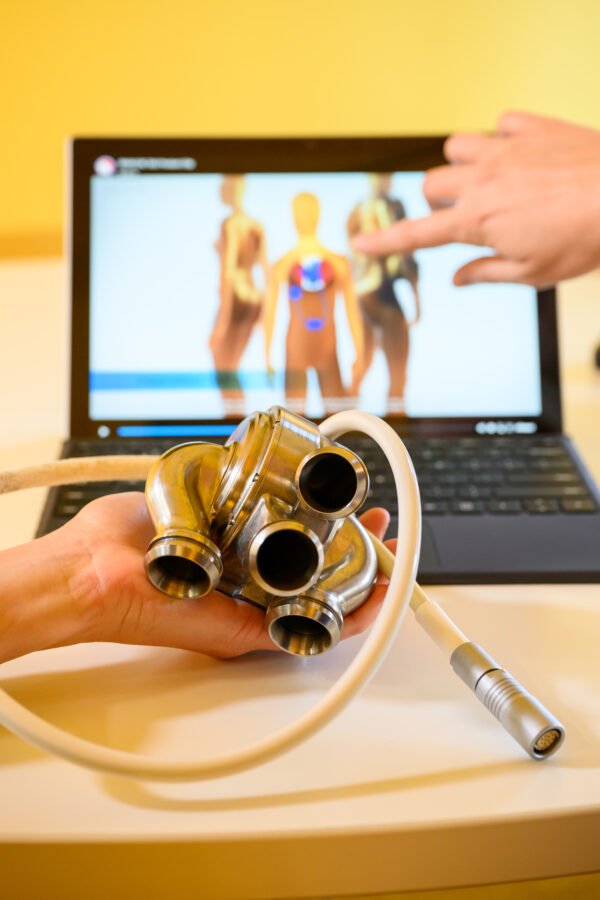
BiVACOR, Inc., a clinical-stage medical device company developing the world’s first titanium Total Artificial Heart (TAH), announced that its TAH System has been accepted into the U.S. Food and Drug Administration’s (FDA) prestigious Total Product Life Cycle (TPLC) Advisory Program, also known as the TAP program. This milestone further solidifies BiVACOR’s collaboration with the FDA following the TAH’s earlier recognition this year as a Breakthrough Device.
The TAP program is a transformative FDA initiative designed to accelerate the development and patient access to high-impact medical technologies. Entry into the program provides BiVACOR with proactive, strategic engagement with the FDA throughout the entire product life cycle, from development to commercialisation, supporting more efficient, risk-informed decision-making. TAP participation is reserved for breakthrough-designated devices with the potential to significantly improve patient outcomes for serious or life-threatening conditions.
“Acceptance into the TAP program marks a major milestone not just for BiVACOR, but for the field of mechanical circulatory support as a whole,” said Daniel Timms, Founder and Chief Technology Officer of BiVACOR. “The BiVACOR TAH has the potential to fundamentally redefine the standard of care for patients with end-stage heart failure. TAP access gives us a powerful framework for working hand-in-hand with the FDA to bring this technology to the patients who need it most.”
The BiVACOR TAH is intended for use as a bridge to transplant in adults with severe, irreversible biventricular or univentricular heart failure, particularly for patients who cannot be treated with traditional left ventricular assist devices (LVADs). The system employs a magnetically levitated centrifugal pump, inspired by space and industrial technologies, which provides continuous, pulsatile, and physiologically responsive cardiac support.